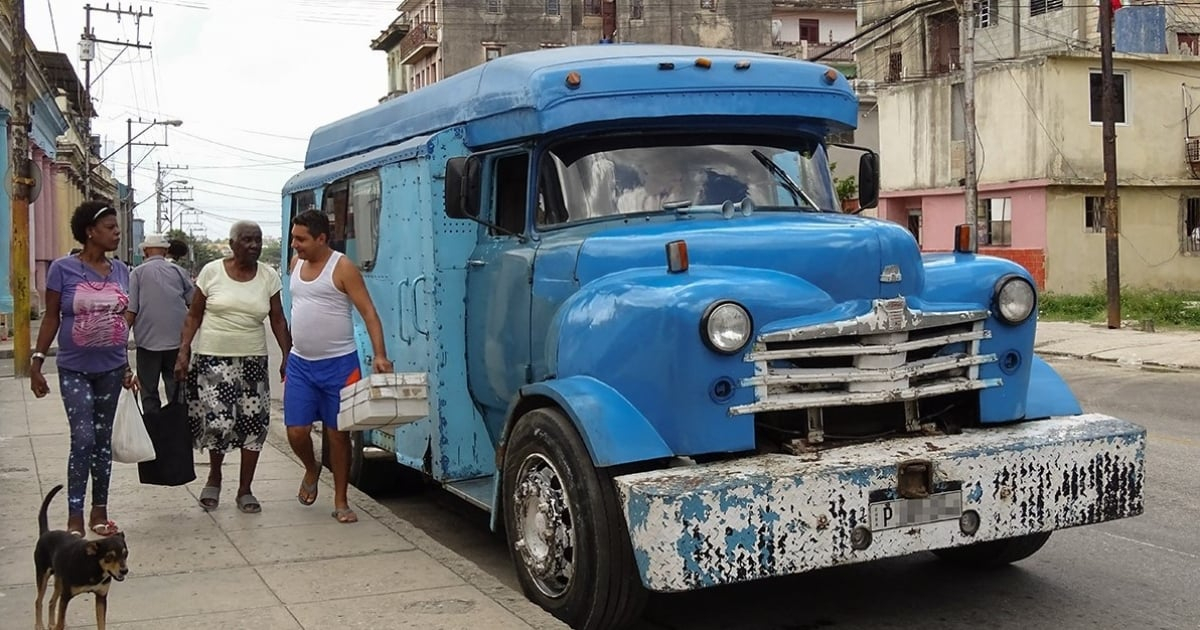
The government of Santiago de Cuba has decided to cap transportation prices and some basic products as an emergency and desperate measure to curb the rampant inflation in the eastern province.
Manuel Falcón Hernández, the governor of the city, announced on Facebook last Friday that during an Extraordinary and Expanded Provincial Council of the People's Power, “it was decided to set price caps on essential products and transportation services.”
The official noted that the decision was made based on "cost estimates and evaluations with economic stakeholders," suggesting that the measure will affect self-employed individuals, micro, small, and medium-sized enterprises (mipyme), and cooperatives, who are forced to purchase their products in dollars and resort to acquiring foreign currency through unregulated means, in a context where there is no official currency exchange market.
Additionally, the governor of Santiago de Cuba threatened to enforce stricter controls on those economic actors who impose "excessive prices on agricultural products and daily consumables," claiming that this would "boost the economy."
Contradictorily, Falcón simultaneously acknowledged the existence of a high level of corruption, a topic that emerged as one of the most significant issues addressed during the meeting of leaders and communists in the province.
Finally, the official noted that "public participation will be key to the effectiveness of these measures," suggesting that it will be the responsibility of individuals or mass organizations to report cases of inflation and corruption.
According to him, this strategy will pave the way for "prevention and decisive action against irregularities to ensure economic and social well-being in the province," without mentioning or delving into the underlying causes of the economic crisis in the country or the rampant inflation.
During the Extraordinary and Expanded Provincial Council of the People's Power, the governor of the city announced measures to halt the increasing disconnect of young people from work and education in the province, and threatened to go house to house to conduct a statistical survey, as reported by the newspaper Sierra Maestra.
In the case of those unemployed, the availability of jobs will be assessed both in their area of residence and in the municipality.
In addition, an individualized analysis will be conducted for those of school age who have dropped out, with the aim of guiding their reintegration into the educational system.
In March, Cuban leader Miguel Díaz-Canel stated that with his package of economic measures aimed at "correcting distortions and revitalizing the economy," prices will remain high, but they will not allow "excessive or speculative increases."
In a meeting of the Ministry of Finance and Prices (MFP), the first secretary of the Central Committee of the Communist Party of Cuba (PCC) raised awareness about the need for more effective price checks in order to combat abuse and speculation.
In April, Prime Minister Manuel Marrero Cruz called for the implementation of exemplary measures to reduce prices in Cuba.
"What is each council doing in the battle against prices? We are lacking a firm hand in many places; we need to take exemplary measures in defense of our people," he stated during a meeting with officials from Isla de la Juventud.
Filed under: